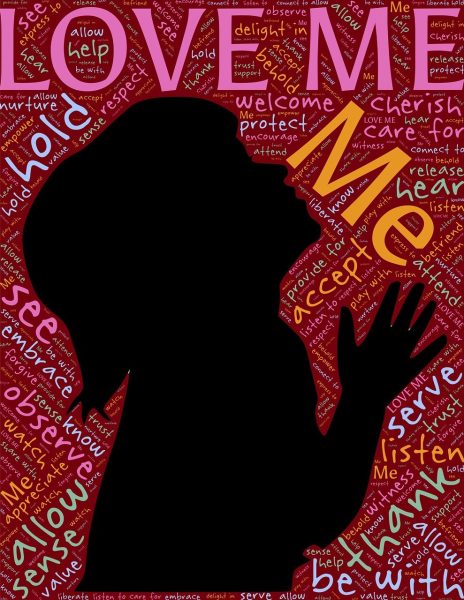TRIGGER WARNING: Kavanaugh Mentioned Below
RHS Reacts to the Kavanaugh Hearings
Everyone knows, “VOTERS ARE REALLY ANGRY AT THE VICIOUS AND DESPICABLE WAY DEMOCRATS ARE TREATING BRETT KAVANAUGH!”, according to President Trump’s October 3rd tweet.
But what about students at Rhinebeck High School? And, more specifically, what about female students?
With every new assault allegation that surfaces in the #Metoo Movement, students get closer to voting age. Will RHS’s female students become “REALLY ANGRY” voters? How has the Kavanaugh confirmation affected their political standpoints?
Helen Fleming, a junior, said Kavanaugh’s confirmation had a clarifying effect: “It helped me figure out exactly where I fall on the political spectrum.”
Newfound clarity may seem encouraging. But Fleming holds that still, “it’s discouraging to be female and young and trying to decide who I want to be in a world where my government doesn’t work for me.”
16-year-old Sophia Rich expressed the same discouragement, asserting “You can’t change anything. We can’t change the people in Congress.” But it’s not time to throw in the towel. Rich maintains, “it’s important to be informed about what’s going on in political situations.” She intends to stay informed and hopeful.
Still, it can be difficult to watch the news when the debate is so heated. RHS student Kathleen Hall described this complication: “I have tried to stay away from the news because I get triggered.” She elaborated, “I feel that the media shouldn’t slander Brett Kavanaugh before he testified in front of the judiciary committee because it defames him and his family.”
Clearly, staying up to date on current events has became more complicated than clicking on the latest article from the Times.
But does the classroom help students stay informed on current political events? How did RHS history teachers address (or not address) the Kavanaugh hearings?
Some RHS teachers unearthed a teachable moment from the tangled Senate debate. As Mr. Cahill’s AP US History class approached a unit on the Judicial Branch, Cahill used the Kavanaugh hearings as an example of the confirmation process at work. His goal was to help APUSH students understand “how much [Supreme Court Justices] can have an impact on the court and society.”
Other teachers veered away from the hot-button political issue. Ms. DeStrange said she doesn’t discuss American current events in general in 10th Grade World History. The overarching purpose of World History is to broaden students’ view of the world. Focussing on current issues in America would not serve that purpose.
In RHS classrooms, relevance to the curriculum seems to be the deciding factor in discussing the Kavanaugh hearings or not.
Everyone, students and teachers alike, has an opinion when it comes to the Kavanaugh confirmation. But, in the words of Mr. Cahill, “I’m not here to tell you what to think.”
Note to Readers:
This article presents the opinions of three female RHS students. The article does not present the opinion of every RHS female (or person in general). Justifiable opinions outside those presented in this article are entirely possible. If you feel underrepresented, feel free to write to Rhinebeck Reality. You can submit your writing to the Rhinebeck Reality box in the main office.





